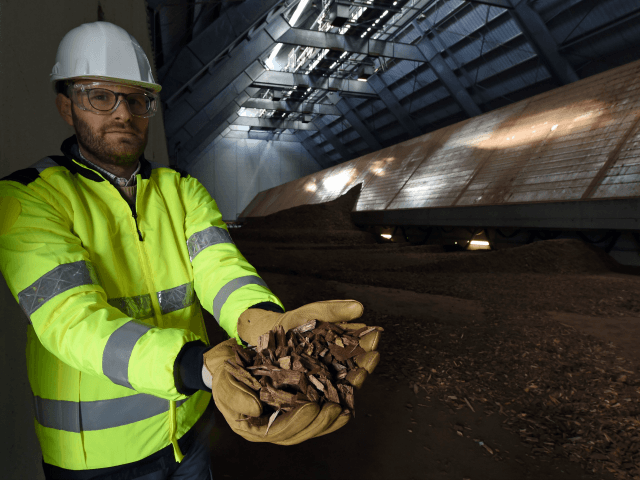A green energy scandal that is saw people heating empty buildings just to collect government grants could cost British taxpayers more than £1 billion.
The UK Treasury faces a huge bill after spending on Northern Ireland’s Renewable Heat Incentive (RHI) went out of control, with businesses installing otherwise useless biomass heaters just to profit from the scheme.
The RHI was championed by Northern Ireland’s First Minister Arlene Foster back in 2012 when she was minister in charge of business and enterprise. There are now calls for her to resign over the fiasco.
The scheme was supposed to cost £25 million in its first five years, but will now likely be closer to £1.15 billion over 20 years. Around £660 million will have to be funded by taxpayers in the rest of the UK after ministers failed to cap costs, The Times reports.
Under the scheme, businesses could receive £160 for every £100 they spent on biomass fuels such as wood pellets. As businesses realised the profits they could make, there was a huge uptake and costs soon went out of control.
Finally, a whistle-blower exposed how businesses were purchasing biomass boilers just to collect the grant. One farmer in particular expected to make £1 million heating an empty shed, while another person hoped to make £1.5 million heating empty factories.
A similar scheme exists in the rest of the UK, but with much stricter spending controls. Northern Ireland’s Auditor-General, Kieran Donnelly, calculates that under that scheme a business could receive £192,000 over 20 years if it runs a boiler all year round. A similar business in Northern Ireland, however, could get £860,000.
Such is the outrage over the scandal that Mrs Foster’s political future is now in doubt. She survived a no-confidence motion last month, but new letters have come to light showing how she encouraged banks to “look favourably” on loan applications.
Martin McGuiness, the Deputy First Minister and leader of Sinn Fein, may now resign, causing the Northern Ireland government to collapse and triggering new elections.
A study in 2014 found that biomass may in fact be worse for the environment than fossil fuels, as the wood pellets used are often imported from North America, creating a bigger carbon footprint and contributing to deforestation in the United States.
